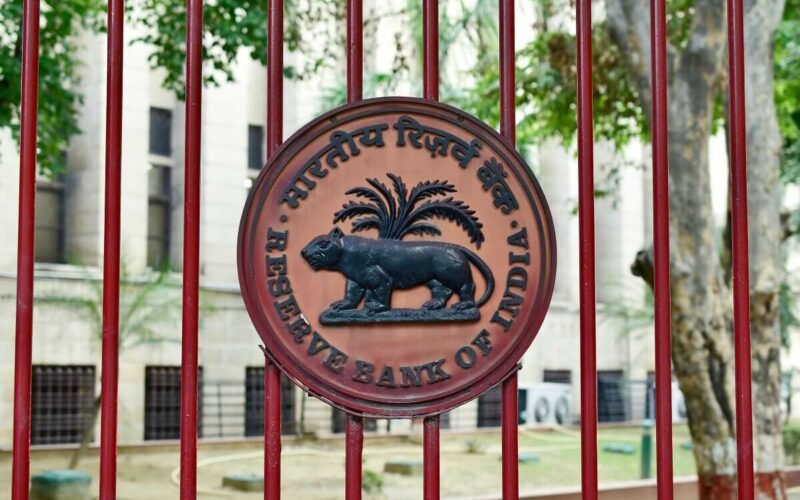The Reserve Bank of India (RBI) has recently taken significant steps towards the development and implementation of Central Bank Digital Currency (CBDC) programs. As part of their efforts, the RBI has initiated a wholesale CBDC pilot program for inter-bank borrowing.
Wholesale CBDC Pilot Program
The wholesale CBDC pilot program, which commenced in October, involves nine major lending banks that are already participating in the government securities (g-sec) pilot program. These banks include the State Bank of India, Bank of Baroda, Union Bank of India, HDFC Bank, ICICI Bank, Kotak Mahindra Bank, Yes Bank, IDFC First Bank, and HSBC.
Ajay Kumar Choudhary, the executive director of RBI, highlighted the significance of this pilot program, stating:
“The pilot involves nine major lending banks, which are already part of the government securities (g-sec) pilot program.”
This pilot program aims to evaluate the potential of wholesale CBDCs in facilitating inter-bank borrowing and improving the efficiency of transactions in the secondary government securities market.
Expansion of CBDC Programs
Alongside the wholesale CBDC pilot program, the RBI has also introduced a retail CBDC pilot, targeting peer-to-peer (P2P) and peer-to-merchant (P2M) transactions. The central bank’s goal is to achieve one million transactions per day by December 2023 by expanding the use of retail CBDCs.
Furthermore, the RBI is actively working on various aspects of digital rupee, including interoperability. The central bank aims to increase transaction volumes substantially, building on the current rate of 18,000 to 20,000 daily transactions.
These pilot programs serve a dual purpose of analyzing user behavior and shaping the design choices and policy framework of CBDCs. The RBI’s primary objective is to ensure the seamless facilitation of financial transactions while safeguarding individual financial systems.
Additionally, the RBI has recently launched a public technology platform for seamless credit. This initiative, introduced in August 2023, has attracted considerable interest from lenders, indicating the growing adoption of digital financial services.
As for regulatory developments, the RBI plans to introduce self-regulatory organization (SRO) norms for various regulated entities. These norms, expected to be rolled out within the year, prioritize the establishment of SRO mechanisms over immediate crypto regulations.
In summary, the Reserve Bank of India’s CBDC initiatives, including the wholesale and retail CBDC pilots, aim to modernize the country’s financial ecosystem and enhance the efficiency of transactions. With a focus on user behavior and seamless facilitation, the RBI is committed to shaping a robust and secure CBDC framework.

















